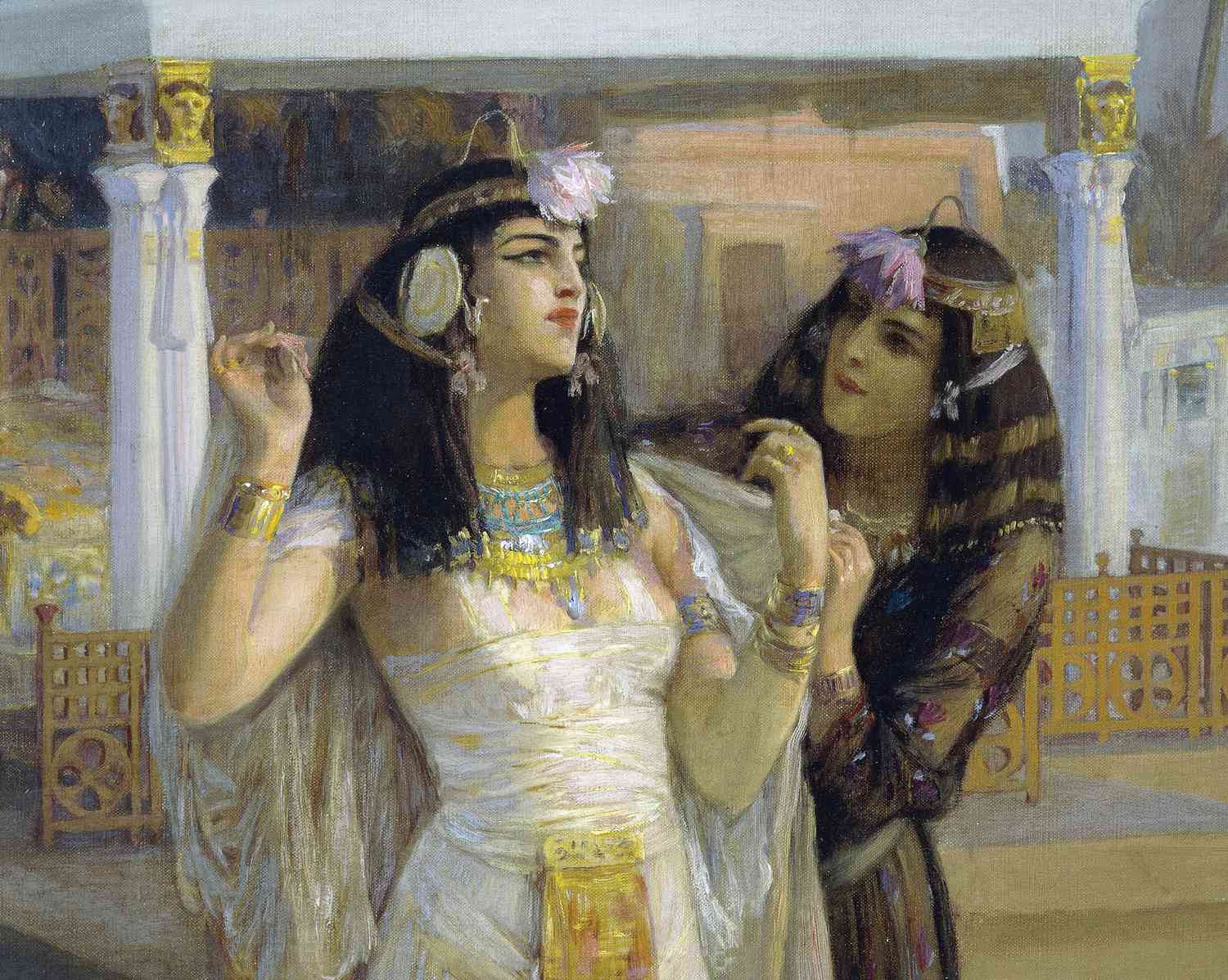
The Last Pharaoh of Ancient Egypt: Cleopatra VII
admin
- 0
kfoodfair2015.com – Cleopatra VII, the last active ruler of the Ptolemaic Kingdom of Egypt, is a figure whose legacy has endured for millennia. Born around 70 BC, she ascended to the throne in 51 BC and reigned until her death in 30 BC. Cleopatra’s life was marked by her exceptional intelligence, political acumen, and her ability to navigate the treacherous waters of Roman politics. This article delves into the life of Cleopatra VII, exploring her rise to power, her relationships with Roman leaders, and her ultimate demise.
Early Life and Ascension to the Throne
Cleopatra was born into the Ptolemaic dynasty, a Greek family that had ruled Egypt since the death of Alexander the Great in 323 BC. Her father, Ptolemy XII Auletes, was a controversial figure, and his reign was marked by political instability. When he died in 51 BC, Cleopatra, then just 18 years old, inherited the throne alongside her younger brother, Ptolemy XIII, in accordance with the tradition of sibling marriage and co-rule that was common among the Ptolemies.
Political Savvy and Language Skills
What set Cleopatra apart from her predecessors was her intelligence and political savvy. She was a polyglot, fluent not only in the Greek of her Macedonian ancestors but also in Egyptian, which endeared her to her subjects. This linguistic ability was rare among the Ptolemies and helped Cleopatra to consolidate her power and connect with the Egyptian populace.
Relationships with Roman Leaders
Cleopatra’s life and reign were inextricably linked with the Roman Republic. Her relationships with two of Rome’s most powerful men, Julius Caesar and Mark Antony, are among the most famous in history.
Julius Caesar
In 48 BC, Julius Caesar arrived in Egypt, seeking refuge after his defeat at the hands of Pompey. Cleopatra, recognizing an opportunity, famously presented herself to Caesar rolled up in a carpet. This act of cunning and audacity captivated Caesar, and she became his lover. With Caesar’s support, Cleopatra secured her position as the sole ruler of Egypt. Their relationship produced a son, Caesarion, whom Cleopatra claimed was Caesar’s heir.
Mark Antony
After Caesar’s assassination in 44 BC, Cleopatra aligned herself with Mark Antony, one of Caesar’s assassins and a member of the Second Triumvirate that ruled Rome. Their alliance was both political and personal, culminating in a romantic relationship. Antony and Cleopatra had three children together, and their union was a significant factor in the power struggles that led to the eventual fall of the Roman Republic.
The Final Years and Death
The alliance between Cleopatra and Antony was seen as a threat by Octavian, Caesar’s adopted son and heir. In 31 BC, Octavian declared war on Antony and Cleopatra, leading to the Battle of Actium. Though Antony and Cleopatra’s forces were defeated, they retreated to Egypt, where they committed suicide in 30 BC, rather than face Octavian’s wrath. Cleopatra’s death marked the end of the Ptolemaic dynasty and the beginning of Egypt’s annexation as a Roman province.
Legacy
Cleopatra VII’s legacy is complex. She is remembered as a symbol of female power and intelligence, a ruler who navigated the treacherous political landscape of her time with skill and determination. Yet, she is also a figure of controversy, with her relationships with Roman leaders often overshadowing her achievements as a ruler. Despite this, Cleopatra’s life and reign continue to captivate the imagination, a testament to her enduring legacy as the last pharaoh of Ancient Egypt.


